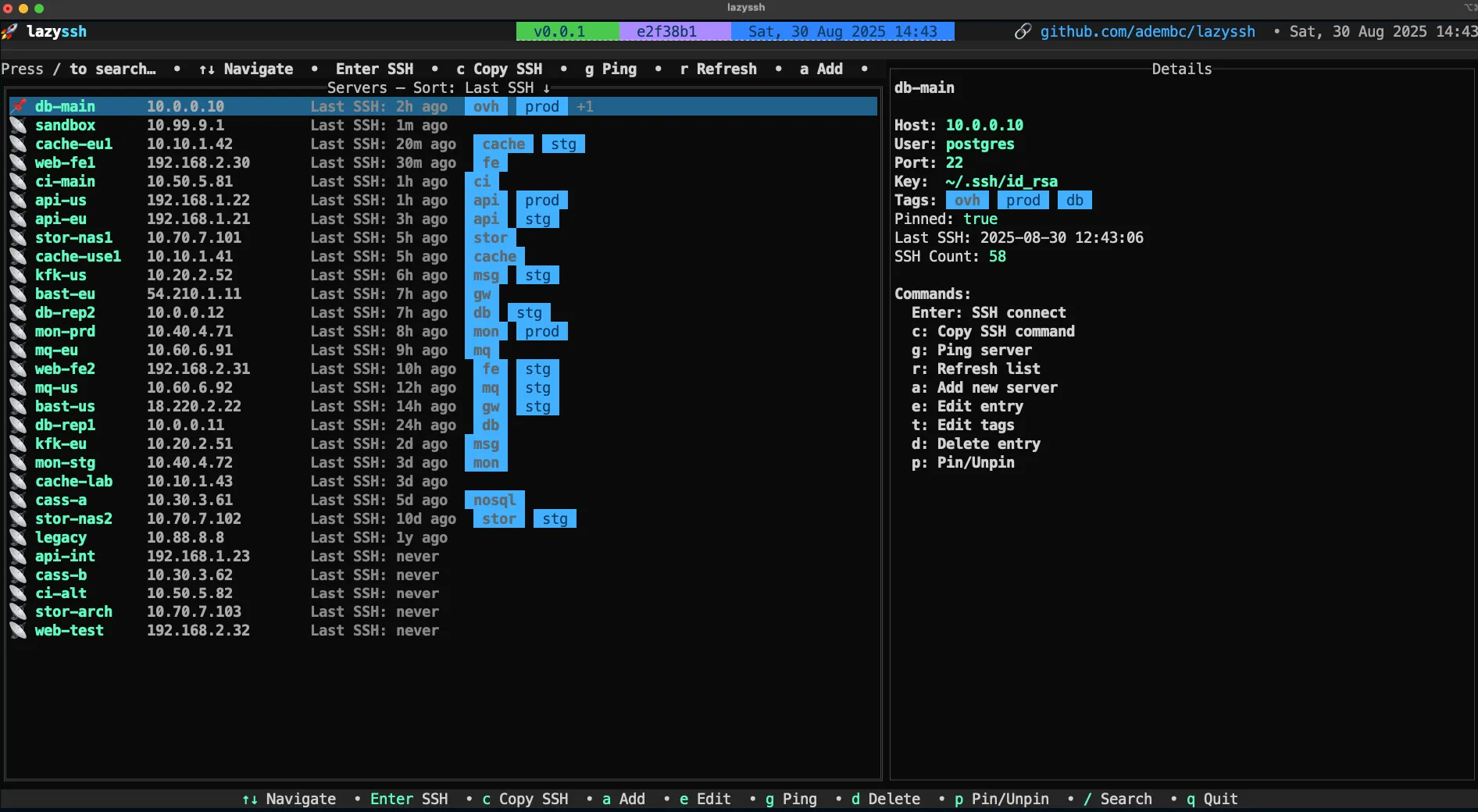How to Set Up Your Own Git Server on Ubuntu
Introduction
Setting up your own Git server on Ubuntu offers numerous advantages over using hosted services like GitHub. It gives you full control over your repositories, ensures your data privacy, eliminates dependency on third-party services, and can be more cost-effective in the long run. This comprehensive guide will walk you through the steps to set up your own Git server on Ubuntu, along with a detailed explanation of the benefits of using a self-hosted Git server.
Benefits of Hosting Your Own Git Server
- Data Privacy and Security:
- Complete control over your repositories ensures that sensitive data remains private and secure.
- You can implement your own security policies and measures to safeguard your code.
- Cost-Effectiveness:
- Avoid subscription fees associated with hosted services like GitHub, especially if you have multiple private repositories.
- Customization and Control:
- Tailor the server to meet your specific needs and workflows.
- Integrate with other tools and services within your infrastructure.
- No Dependency on Third-Party Services:
- Eliminate reliance on external services, ensuring your projects remain accessible regardless of external factors.
- Performance:
- Hosting your own server can result in faster access times and better performance, especially for large repositories.
Prerequisites
Ensure you have the following:
- A server running Ubuntu (18.04 or later).
- Root or sudo access to the server.
- Basic knowledge of Git and Linux command-line.
Step-by-Step Guide to Setting Up Your Own Git Server
Update Your Server
- Make sure your server is up to date:
sudo apt update
sudo apt upgradeInstall Git
- Install Git on your server:
sudo apt install gitCreate a Git User
- Create a dedicated user for managing your Git repositories:
sudo adduser gitFollow the prompts to set a password and other details for the git user.
Configure SSH Access
- Set up SSH access for the
gituser to securely connect to your Git server: - Generate SSH Keys (on your local machine):
ssh-keygen -t rsa -b 4096 -C "[email protected]"This generates a new SSH key pair. Save it in the default location (usually~/.ssh/id_rsa). - Copy the Public Key to the Server:
bash ssh-copy-id git@your_server_ip
Alternatively, manually copy the contents of~/.ssh/id_rsa.pubon your local machine to~/.ssh/authorized_keyson the server for thegituser.
Set Up a Bare Repository
- A bare repository is a repository that doesn’t have a working directory. It’s used to share your code with others:
- Switch to the Git User:
sudo su - git - Create a Directory for Repositories:
mkdir -p ~/repos/myproject.git cd ~/repos/myproject.git - Initialize the Bare Repository:
bash git init --bare
Set Up Repository Access
- Ensure that the
gituser has the appropriate permissions to manage the repository: - Set the Correct Permissions:
bash sudo chown -R git:git /home/git/repos/myproject.git
Clone and Use the Repository
- Now that your Git server is set up, you can clone the repository and start using it:
- Clone the Repository (from your local machine):
git clone git@your_server_ip:/home/git/repos/myproject.git - Add Files and Commit:
bash cd myproject echo "# My Project" >> README.md git add README.md git commit -m "Initial commit" git push origin master
Advanced Configuration (Optional)
- For more advanced setups, you might want to:
- Set Up Git Web Interfaces: Tools like GitLab or Gitea provide web interfaces for managing repositories, user access, and more.
- Implement CI/CD Pipelines: Integrate continuous integration and deployment pipelines using tools like Jenkins or GitLab CI.
- Backup Your Repositories: Regularly back up your repositories to prevent data loss.
Conclusion
Hosting your own Git server on Ubuntu provides enhanced privacy, security, and control over your code repositories. By following this guide, you can set up a Git server tailored to your specific needs, ensuring that your projects are managed securely and efficiently. Whether for personal projects or collaborative development within a team, a self-hosted Git server is a powerful solution that offers numerous benefits over traditional hosted services like GitHub.






Post Comment